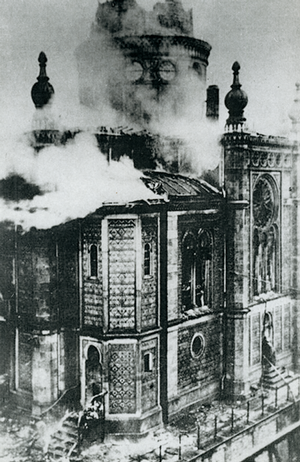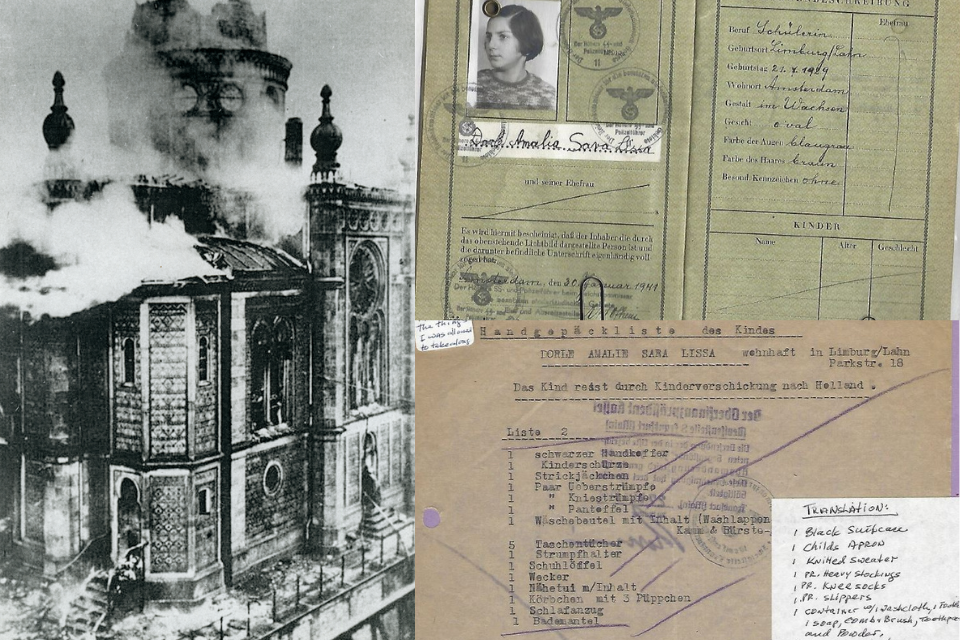'Kristallnacht' and the Anti-Semitism of Adolf Hitler: On the Interaction of Malicious Intentions and Unplanned Circumstances
About the Event
 As early as 1919, Adolf Hitler distinguished between pogrom violence and so-called “rational” anti-Semitism. To achieve a lasting solution to the “Jewish question,” the young Hitler insisted that anti-Jewish laws and state policies had to be adopted. Hitler’s outward commitment to law was in sharp counterpoint to his public speeches and private conversations of the early 1920s, which contemplated extra-legal violence against the Jews.
As early as 1919, Adolf Hitler distinguished between pogrom violence and so-called “rational” anti-Semitism. To achieve a lasting solution to the “Jewish question,” the young Hitler insisted that anti-Jewish laws and state policies had to be adopted. Hitler’s outward commitment to law was in sharp counterpoint to his public speeches and private conversations of the early 1920s, which contemplated extra-legal violence against the Jews.
The tension between Hitler’s anti-Semitism achieved through law and the deadly violence of pogrom thuggery would be a striking feature of Nazi Jewish policy through the 1930s. It would gain expression in three major phases. The first ensued after Hitler became Chancellor and involved passage of laws to remove Jews from the civil service, medicine, and the universities. Pogrom violence was tempered by Hitler’s efforts to rein in the SA and secure the loyalty of the German Army. The second phase was characterized by Hitler’s efforts to reconcile the race fanatics agitating for stronger action against the Jews and Nazi leaders concerned with the effects of violent anti-Semitism on the German economy. The third phase peaked in the Reichskristallnacht pogrom of November 1938, an event that placed the lives, fates, and fortunes of German Jews completely in the hands of the Nazi government.
The play of circumstances as they afforded opportunities for Hitler to fulfill his malicious intentions toward the Jews interacted with his quest for total power. Whether at home or abroad, harming the Jews was the key to achieving Hitler’s ambitions to create a racially pure Europe under German control.
About the Speaker
 Professor Michael S. Bryant, a faculty member of Bryant University, is a Professor of History and Legal Studies specializing in the impact of the Holocaust on the law, human rights, German criminal law, and international humanitarian law.
Professor Michael S. Bryant, a faculty member of Bryant University, is a Professor of History and Legal Studies specializing in the impact of the Holocaust on the law, human rights, German criminal law, and international humanitarian law.
